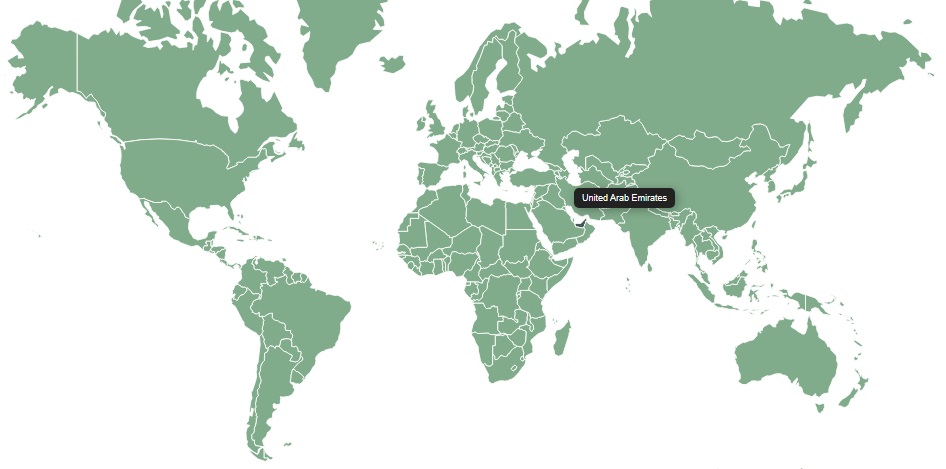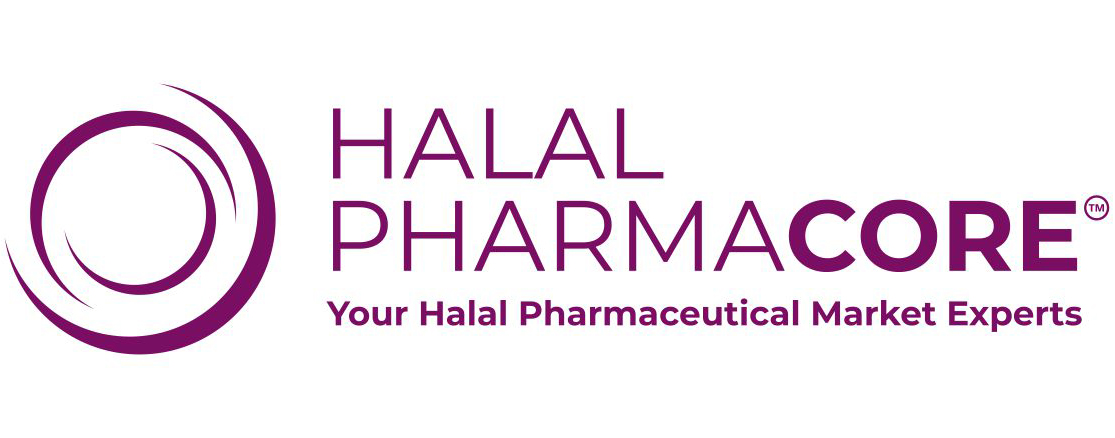
United Arab Emirates
Market overview: The demand for halal medicines has been on the rise in the UAE due to the country’s increasing awareness of the importance of halal certification. In addition, the government has launched initiatives to promote the halal industry in the country by launching the “Dubai: Capital of Islamic Economy” initiative which aims to make Dubai a global hub for the Islamic economy, including halal pharmaceuticals. The country also established the Dubai Islamic Economy Development Centre (DIEDC) to support the development of the halal industry in the UAE.
Regulations: Currently UAE only mandates halal certificates and logos for food products claiming to be halal, but the country is introducing new laws that will be of importance when regulations on halal pharmaceuticals are set.
Market Size: UAE has a population of 9.5 million of which 76 % are Muslim.
Market Potential: According to a report by Mordor Intelligence, the UAE Halal Pharmaceuticals market was valued at USD 229.15 million in 2020 and is expected to reach USD 380.12 million by 2026, growing at a CAGR of 8.68% during the forecast period (2021-2026). The growth in the market can be attributed to various factors, such as the increasing demand for halal pharmaceuticals, the rise in Muslim population, and the growing awareness about the benefits of halal products. It is important to note that UAE’s imports of pharmaceuticals hit $3.5 Bn in 2021.
Market Activity: Overall, the UAE Halal Pharmaceuticals market is an active and growing sector, with the country becoming a home to several halal pharmaceutical companies, such as Julphar Gulf Pharmaceutical Industries, Tabuk Pharmaceuticals, and Neopharma. These companies offer a range of halal-certified products, including antibiotics, vitamins, and painkillers, among others. In addition, several international pharmaceutical companies have also entered the UAE Halal Pharmaceuticals market by introducing halal-certified products.
